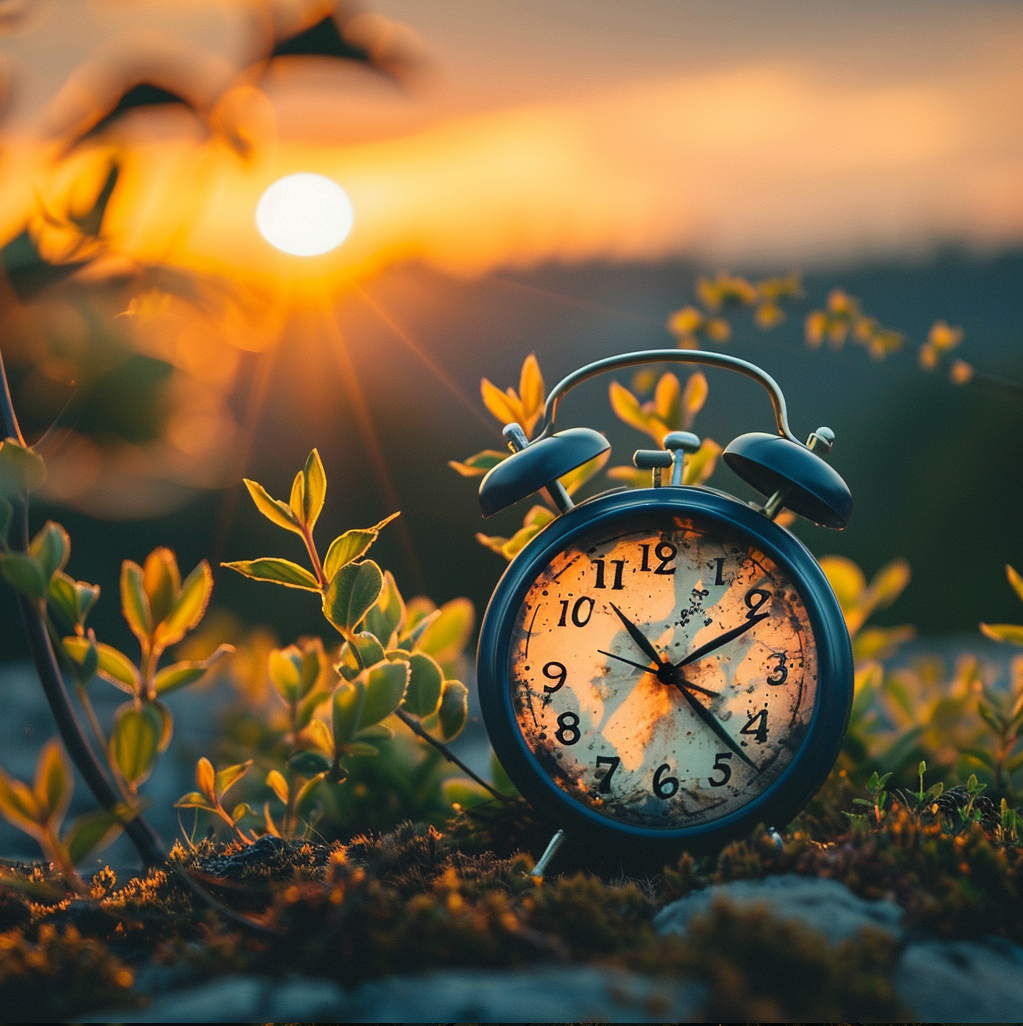As the gentle hum of life syncs with the pulsating heartbeat of the earth, we find ourselves seeking harmony in our health routines.
In a world where the allure of biohacking and technological advancements beckons, it's imperative to remember the foundational elements of well-being that have sustained humanity through the ages.
Today, I want to share with you a concept that has been a cornerstone of my practice for decades—circadian intermittent fasting.
Rooted in the wisdom of traditional Chinese medicine and Ayurveda, circadian intermittent fasting is not just a diet trend but a lifestyle that aligns our eating patterns with the natural cycles of the earth.
Discover Your Toxic Burden !

With about 100,000+ toxins in our world, our livers simply can NOT keep up with the onslaught and are overflowing with waste which is stored in our fat tissues.
We experience unpleasant symptoms of grogginess, low energy, weight gain, and much more.
Take action to remove your toxins. Start with this quiz !
The circadian rhythm, the internal clock that guides our sleep and wakefulness, extends beyond our physiology to the very planet we inhabit.
Just as certain flowers fold their petals at dusk, entering a restorative phase, our bodies too benefit from syncing with the cycles of daylight and darkness.
The essence of circadian intermittent fasting lies in its adaptability to the seasons.
During the longer days of summer, our bodies can handle a later dinner and bedtime, absorbing the abundant energy from extended sunlight.
Conversely, in the winter months, when the sun retreats earlier, our eating window narrows, and we are reminded to wind down with the fading light.
But how does this translate into our daily lives? It's about listening to our bodies and respecting the natural cues for rest and nourishment.
For instance, while you might rise before the sun, it's not necessary to fuel your body until it signals readiness, often aligning with the sunrise.
A typical circadian fasting schedule might have you breaking your fast at 9:00 a.m.
and completing your last meal by 5:00 p.m., neatly fitting into an 8-hour eating window, the 16:8 intermittent fasting regime.
Yet, life's demands often call for flexibility.
Many of us cannot feasibly dine at dusk due to family and work commitments.
In these cases, finding a balance within a 14-hour fasting window, say from 8:00 a.m. to 6:00 p.m., can still offer profound health benefits without straining the body's natural rhythms.
I've witnessed the transformative power of aligning with these rhythms.
From improved energy levels and digestion to natural weight management, the benefits of circadian intermittent fasting are a testament to its efficacy.
I encourage you to approach this practice with an open mind and a willingness to adapt.
By doing so, you may just find that the key to a vibrant, healthier you is not in resisting nature's design but in dancing to its timeless tune.
Remember, the journey to health is a personal one, and while circadian intermittent fasting is a path worth exploring, it's essential to work with a health practitioner attuned to your unique needs.
Keep an open mind, give it a try, and you may discover a more harmonious way of living that resonates deeply with the wisdom of both your body and the earth.
Until we meet again, may you find peace and health in the natural cadence of the world around you.

Based on Dr. Stephen Cabral podcast # 2819



